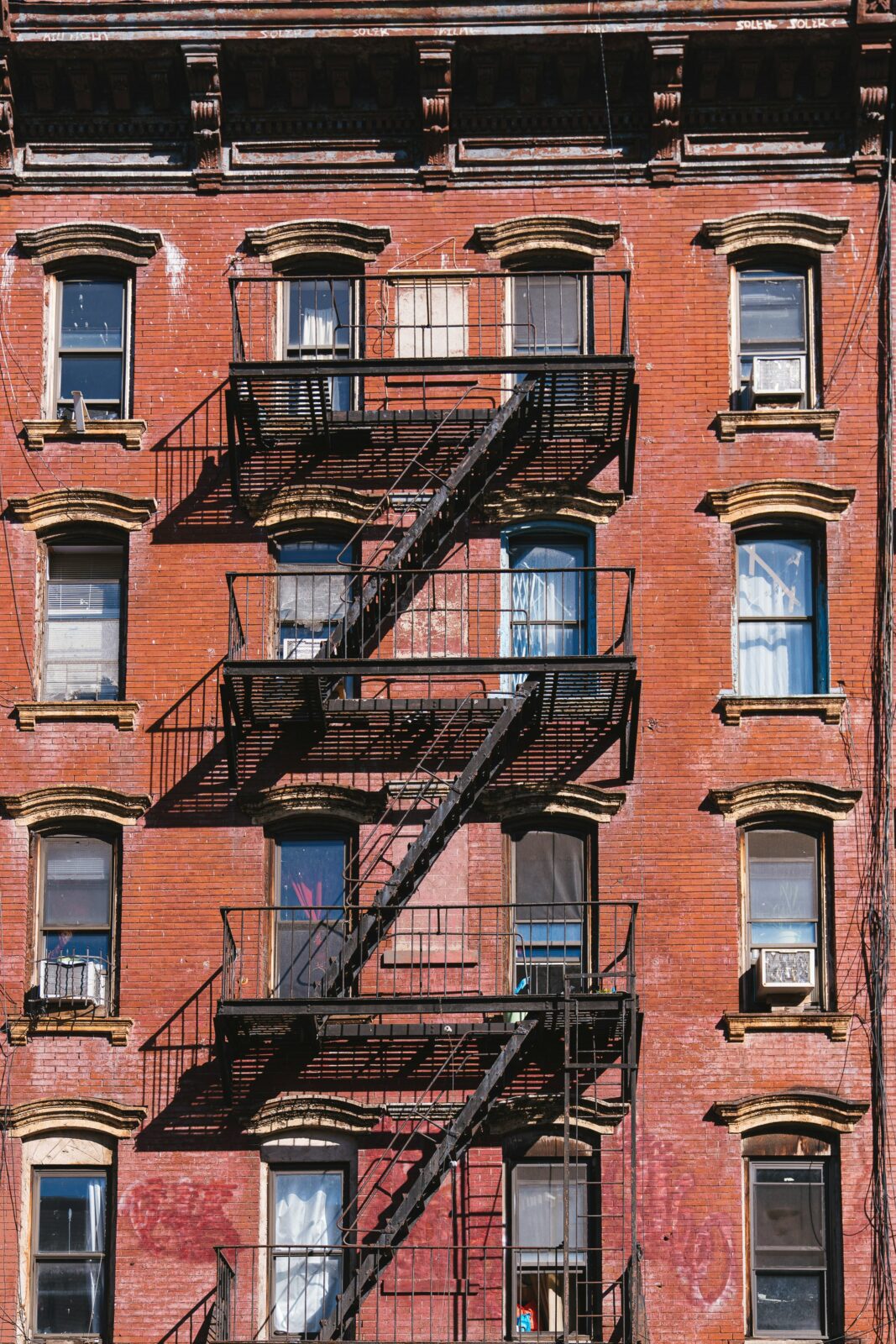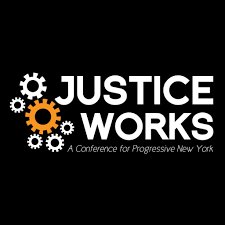
MOCJ Programs
Emergency Transitional Housing
Transitional housing is a key part of the city’s strategy to reduce the jail population and support successful reentry. MOCJ’s Emergency Transitional Housing (ETH) program provides a bridge for vulnerable justice-involved populations who experience high levels of housing instability.
Partner PROGRAMS & ORGANIZATIONS
Services Provided & Focus Domains
Congregate Housing
Scatter Site Housing
Family Unit Housing
Supportive Housing
Impact & Highlights
Who it’s For
- Justice-impacted individuals and families experiencing homelessness
- People who are recently released from incarceration and experiencing homelessness

Why?
Housing is a fundamental building block for safety and is crucial for the well-being and stability of individuals involved in the justice system. Courts are more likely to recommend release for people who can provide the court with an address. Similarly, housing can sometimes be required of individuals being considered for Alternative to Incarceration (ATI) programs instead of incarceration. People leaving jail or prison often need assistance with housing as they transition back into their communities. Without safe housing, it is difficult for individuals to engage in vocational, educational, and therapeutic services, and successful reentry is severely compromised.
History
One component of the City’s strategy to safely reduce its jail population is to provide transitional housing among other services that help ensure safety and stability throughout the reentry process. Transitional housing fulfills an immediate need by giving people a safe place to live and access other services following incarceration. This transitional housing initiative draws on the success of other supportive housing programs in New York City for the justice-involved population that demonstrated reductions in shelter and jail use, reduced inpatient hospitalizations and related Medicaid costs, and reduced substance use.
In March 2018, the Mayor’s Office of Criminal Justice (MOCJ) launched a program to provide transitional housing to women involved in the criminal justice system who would otherwise be incarcerated or at risk of incarceration. This program was administered by the Women’s Community Justice Project (WCJP) and the Fortune Society. Following the success of this pilot, the project was later expanded to include transitional housing support for women with young children, as well as for men with behavioral health needs.
In response to the COVID-19 pandemic, in April 2020 the City established the Emergency Reentry Hotel program to provide emergency housing for people being released from jail and prison without a place to live at the time of their release. MOCJ partnered with Exodus Transitional Community and Housing Works to provide holistic social services and medical care for people living in reentry hotels. This program has given people returning from incarceration a much-needed sense of stability and has allowed hundreds of hotel program residents to engage in vocational, educational, and mental and physical health services throughout the process of obtaining permanent housing.
In response to its measurable success, in November 2021 the City increased funding for transitional housing for justice-involved individuals. By Fiscal Year 2023, the City will invest $50 million per year to provide approximately 1,000 units of transitional housing administered by a network of non-profit organizations.


Emergency transitional housing provides approximately 850 beds and targeted supportive services for individuals recently released from incarceration. This initiative promotes long-term stability and wellness, offering access to several housing models tailored for distinct populations, both individuals and families.
Through ETH, the city fulfills an immediate need for a safe and stable landing place during the critical transition period, while also preparing participants for long-term independence.
Partner Organizations
Frequently Asked Questions
The anticipated length of stay in a transitional housing bed is 6-12 months. However, the length of stay may vary based on an individual’s unique needs.
MOCJ’s ETH team works with housing providers that have sites across the five boroughs. Check out the Emergency Transitional Housing booklet to learn about each provider’s offerings.





